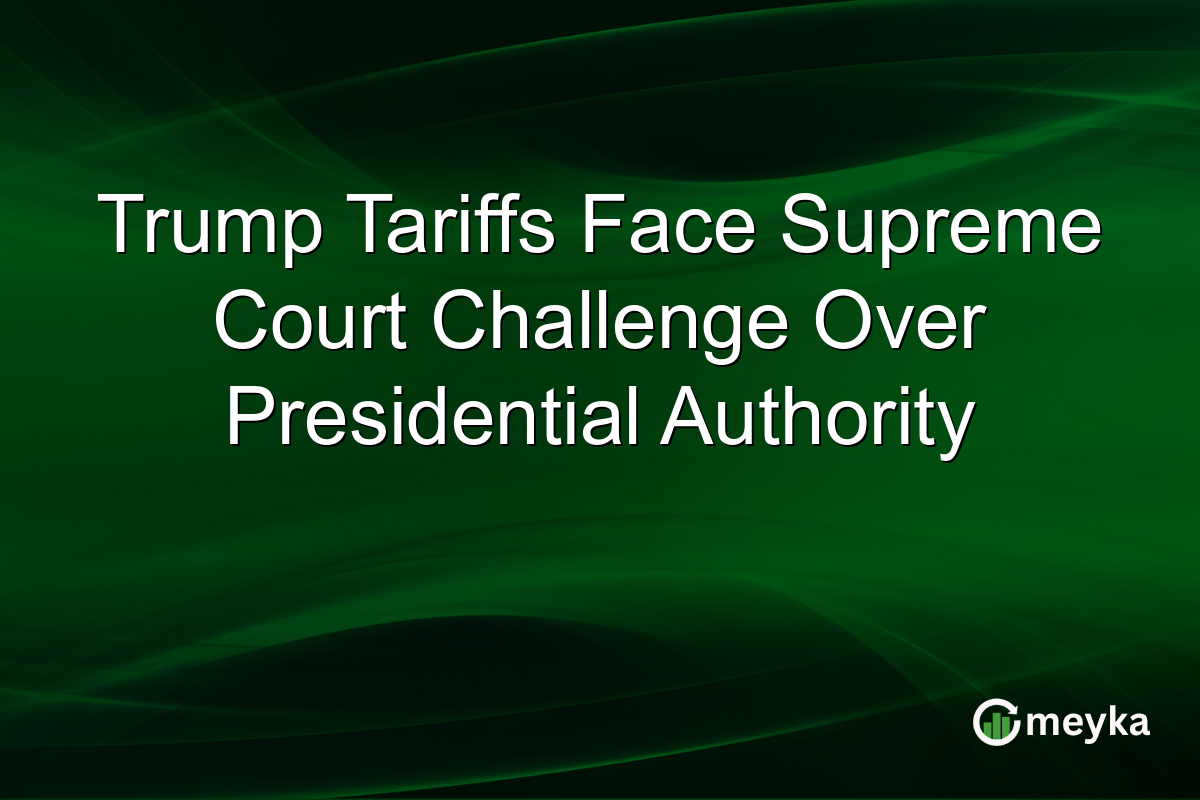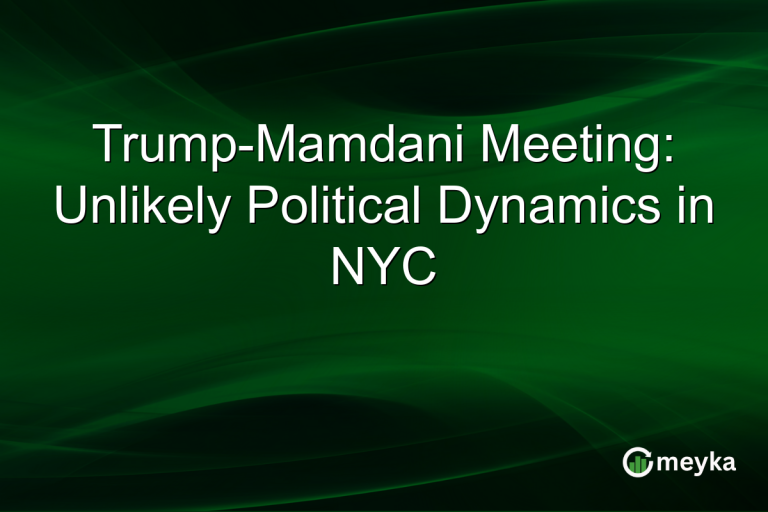Trump Tariffs Face Supreme Court Challenge Over Presidential Authority
The legality of Trump-era tariffs is under scrutiny as the Supreme Court revisits the extent of presidential authority. Imposed under the International Emergency Economic Powers Act (IEEPA), these tariffs have sparked debate on executive power boundaries. As the justices deliberate, this case could redefine how U.S. presidents wield economic powers in the future.
Understanding the Trump Tariffs Controversy
The Trump administration’s tariffs, particularly on Chinese goods, were justified under the IEEPA, designed for emergencies. Critics argue that using IEEPA for tariffs oversteps presidential limits. Legal analysts highlight this as a pivotal test of executive reach, where economic policy clashes with legislative oversight.
For further insights, explore this perspective on Reddit.
This case serves as a litmus test for presidential authority, potentially redirecting future economic strategies.
Supreme Court’s Role and Potential Outcomes
The Supreme Court’s ruling could set a precedent regarding presidential power in economic matters. Justices will assess whether these tariffs align with IEEPA’s intentions. A pivotal question is the balance of power between Congress and the President.
If the Court rules against Trump’s tariffs, it may limit future executive actions under IEEPA. On the other hand, upholding them might empower future presidents to unilaterally steer economic policies.
Impact on Presidential Authority and Economic Policy
A ruling that checks the President’s tariff powers could reshape U.S. economic policy. It would reinforce the need for Congressional approval on significant trade measures. Conversely, affirming the tariffs could enhance executive discretion in economic crises.
Governments and investors alike are closely monitoring this case. Such a ruling will influence international trade relationships and domestic economic strategies alike.
Final Thoughts
In conclusion, the Supreme Court’s decision on Trump tariffs will significantly influence presidential authority. This case underscores a critical juncture where economic policy and executive power intersect. Depending on the ruling, we may witness either reinforced checks on presidential actions or increased unilateral powers. This decision will guide how future administrations tackle economic challenges and shape trade policies. Stakeholders, including lawmakers and international partners, await the verdict with keen interest.
FAQs
Trump tariffs refer to duties imposed by the Trump administration, mainly targeting Chinese imports, using the IEEPA for emergency economic actions. They aimed to address perceived unfair trade practices.
The International Emergency Economic Powers Act allows U.S. presidents to regulate commerce during national emergencies. It was invoked by Trump for imposing tariffs as part of his trade strategy.
If the Court overturns the tariffs, it could limit presidential powers, requiring Congressional involvement in future economic actions. This would ensure a balanced approach to trade policy-making.
Disclaimer:
The content shared by Meyka AI PTY LTD is solely for research and informational purposes. Meyka is not a financial advisory service, and the information provided should not be considered investment or trading advice.






